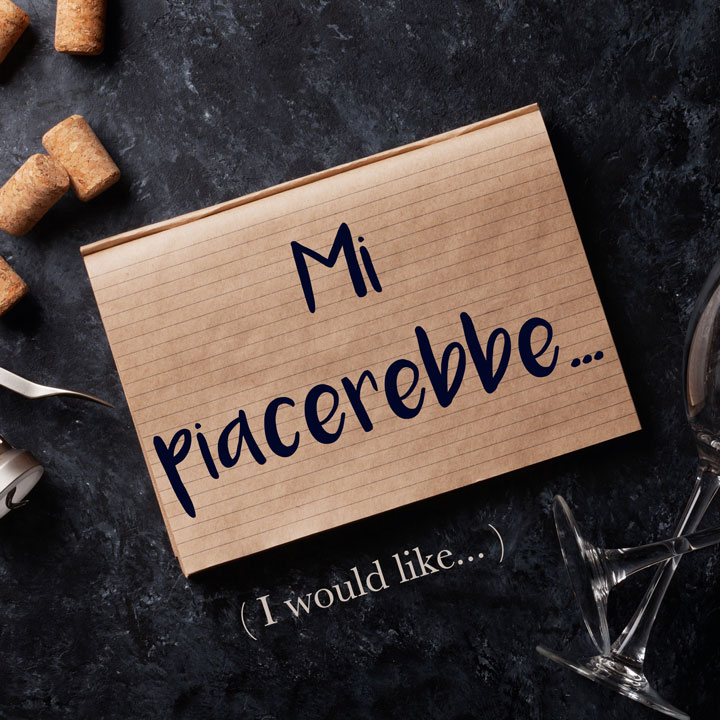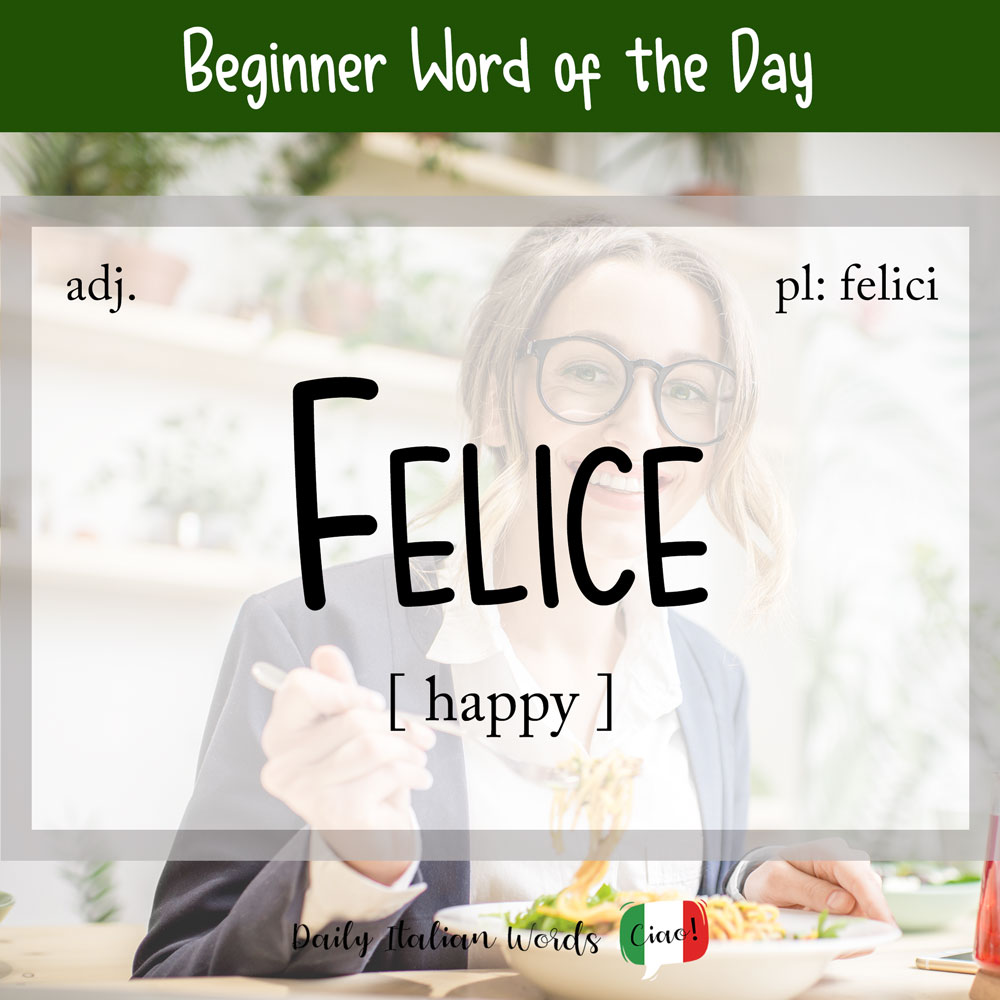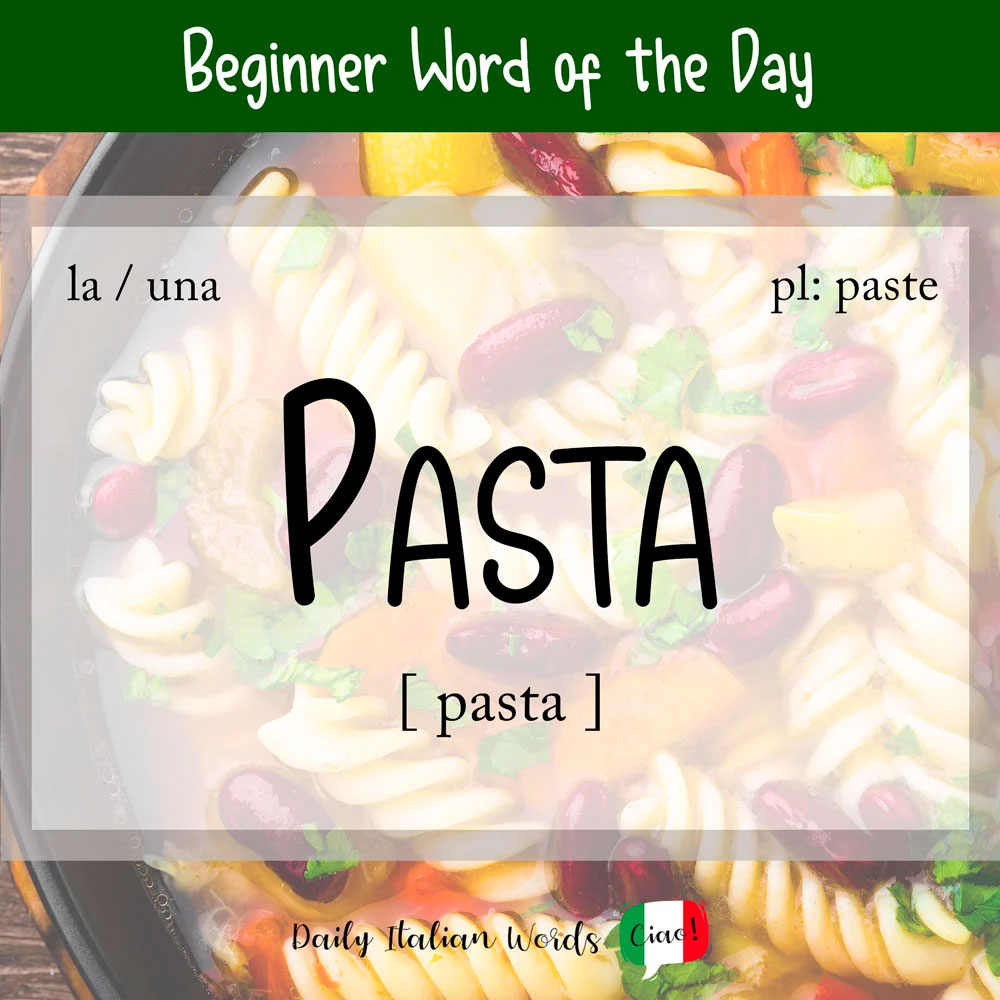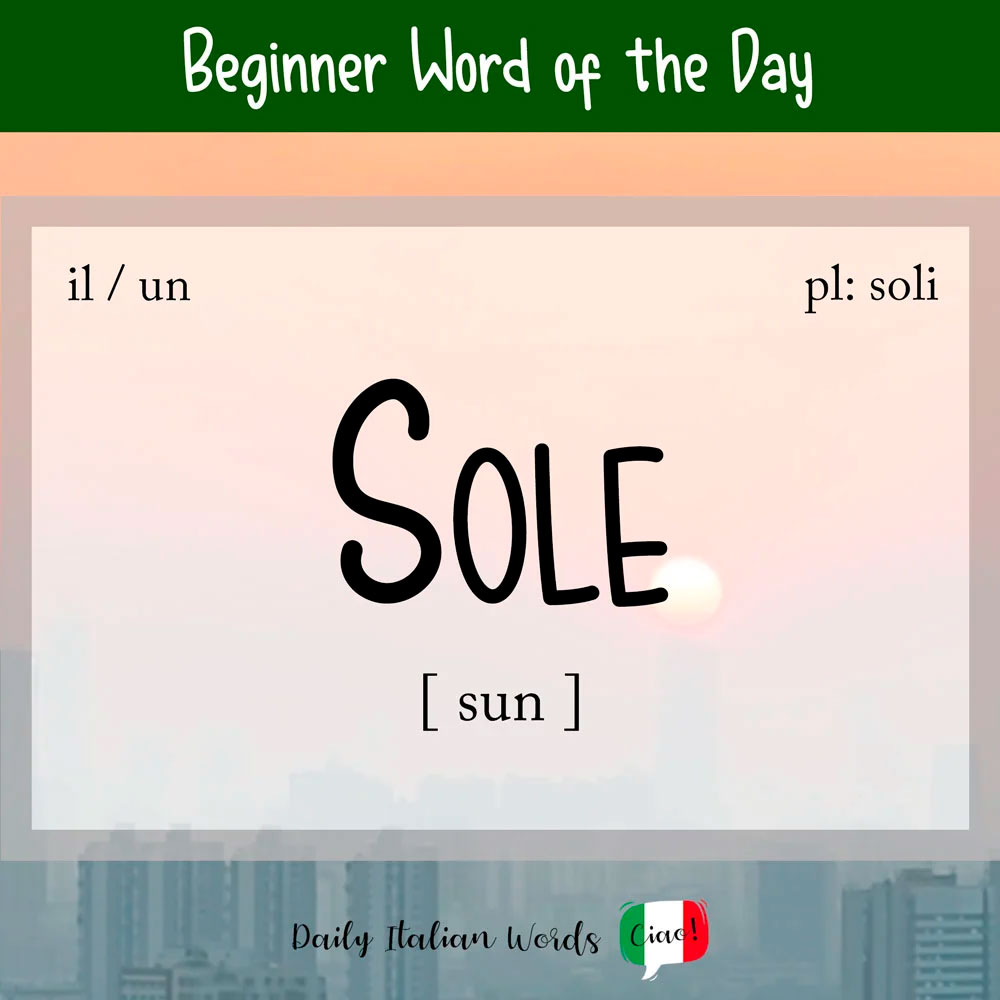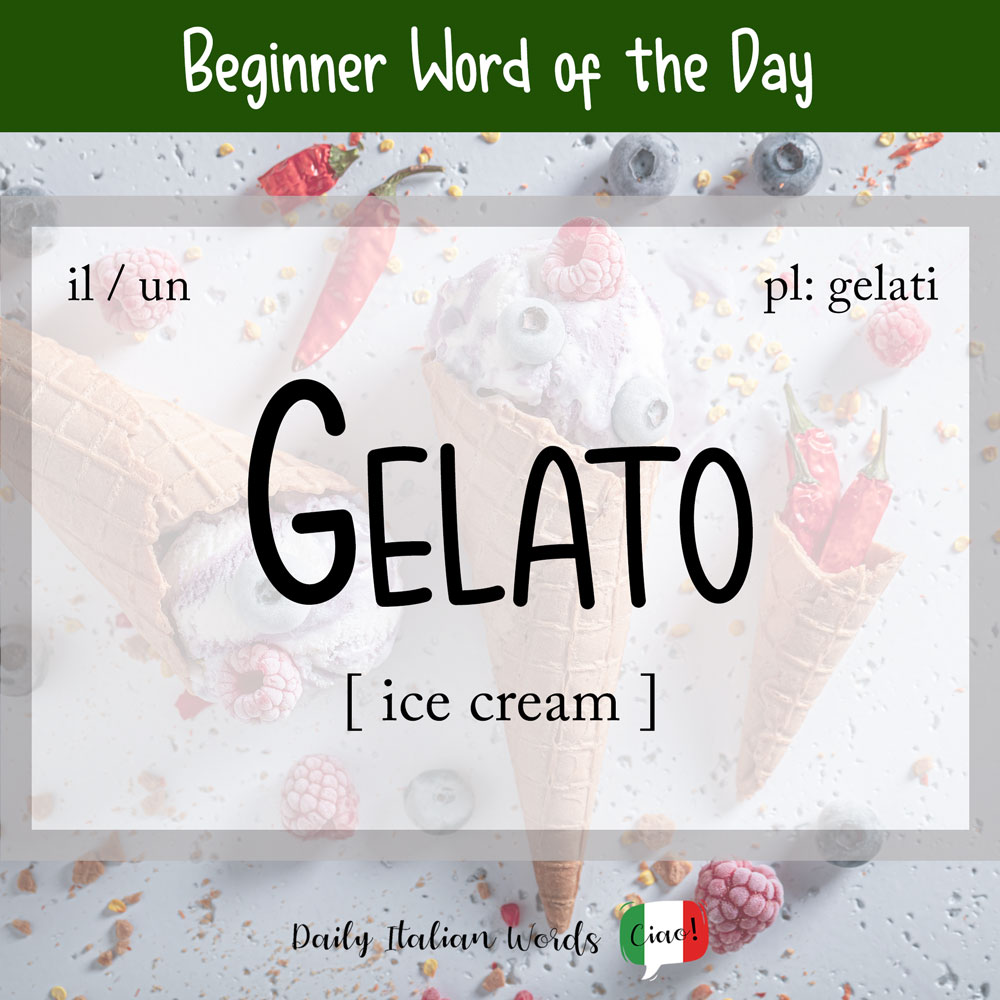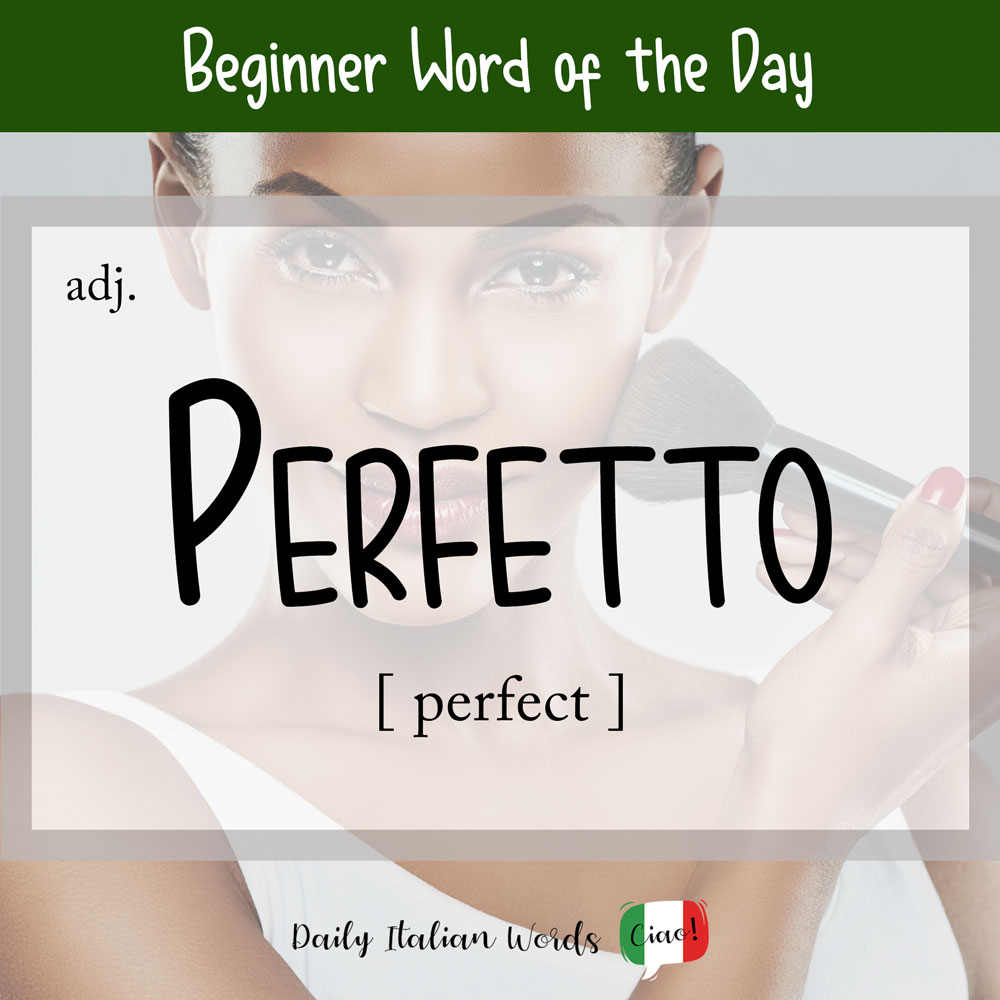Italian Phrase of the Week: Mi piacerebbe… (I would like…)
The expression “I would like…” is extremely useful to know in any language. In Italian, one common way of translating this phrase is “Mi piacerebbe…” which literally means “It would please me…“ Mi piacerebbe andare al cinema questa sera. I would like to go to the cinema this evening. Similar to “Mi piacerebbe…” is the …

